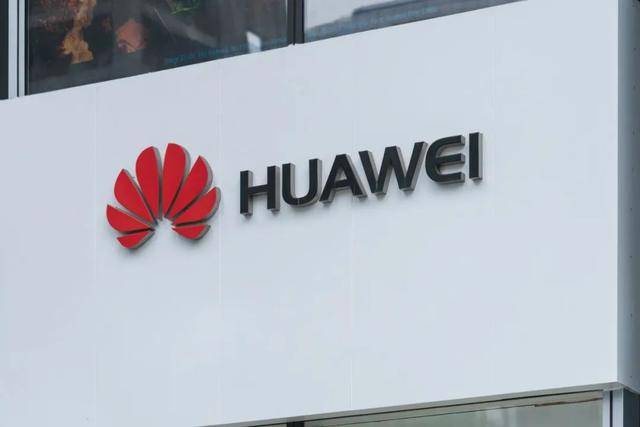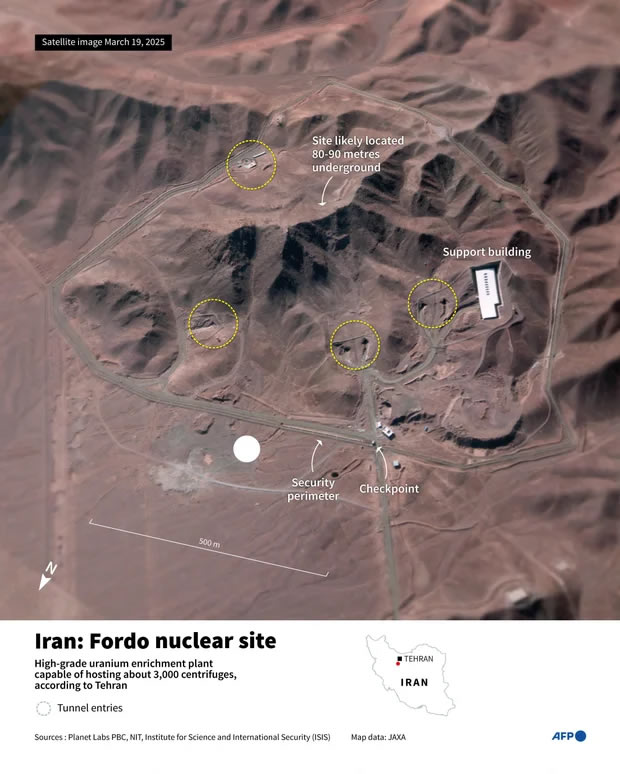
What is Ren Zhengfei worried about in the face of the US “entity list”?
On May 22, the U.S. Department of Commerce will list 33 Chinese companies and academic institutions on the “entity list” for “national security”, following last year’s restraining order on Huawei.
How should China deal with the escalating US science and technology war? On the one hand, relevant parties should actively communicate and strive for an open, fair and just treatment, and actively make plans; on the other hand, do we have any advocates for tit for tat and issue a “list of entities” for us enterprises? This is a complex situation and a time to test our strategic determination.
We should see that this day will come sooner or later. The purpose of the science and technology war is to defeat the leading enterprises of the other side in order to weaken the overall competitiveness of science and technology, including restraining Huawei’s leading position in 5g. In order to prevent this day from coming, Huawei was ready ten years ago. Chip, operating system and underlying technology, these aspects of the “spare wheel” plan has been prepared.
What worries Ren Zhengfei, the leader of Huawei? It is talent training, basic education and the attitude of globalization.
One worry about talent training. The most important thing for a country to be strong is to rely on talents. The rapid rise of Germany and Japan after World War II is closely related to their talent policies. At that time, there was a famous slogan: “nothing, as long as people are still there, you can revive the momentum.”. Similarly, “World War II” transferred three million Jews from the former Soviet Union to Israel, which became a technological highland.
Talents mainly depend on training. As Ren Zhengfei said, “it’s not enough to make chips and smash money, but also mathematicians, physicists and chemists.” Secondly, talents are imported. China should comprehensively reform and improve various policies, boldly attract global talents and engage in transnational innovation. In today’s science and technology competition, it is very difficult to succeed completely relying on independent innovation. We should seek cooperation on a global scale and recruit talents from all over the world. Therefore, we should give more preferential policies to scientists in terms of taxes, household registration, etc.
Second, basic education. There is no need to argue that the gap between China and the United States is still very large, which is related to the bubble economy and the lack of learning environment. Ren Zhengfei reminded: “P2P, Internet, finance, real estate, Shanzhai goods And so on, so that people’s academic thinking is also frothy. It will take decades for a basic theory to form. If we don’t work hard on theory and shout slogans, we won’t be stronger in decades. Therefore, we should be practical in our study. ” If China wants to further improve its competitiveness, it can only rely on doing a good job in basic education and cultivating people who are really knowledgeable.
Three worries about the attitude towards globalization. A chip is made, not a company can complete. Its upstream, midstream and downstream industrial chains are jointly completed by many countries, regions and companies around the world. For example, upstream design companies mainly include Qualcomm, NVIDIA, Singapore Broadcom, etc.; midstream is controlled by five semiconductor equipment manufacturers in Europe, the United States and Japan; downstream design companies are mainly TSMC and SMIC. To punish apple, Qualcomm and Microsoft with tit for tat will not enhance our technological strength. In fact, the U.S. Department of commerce is also reminded that the “entity list” will backfire on itself, which will harm the U.S. technological interests and overall competitiveness.
In the face of the “list of entities” issued by the United States, China should adjust its development thinking, especially at this time to curb populist sentiment. For the US crackdown, Huawei’s answer is, “no scars, no rough skin and thick flesh.” The one who makes me miserable makes me strong, which is a kind of “anti frailty” ability, an open ability, a kind of ability to learn from failure and self-improvement. In today’s changing situation, Huawei’s fighting spirit and crisis awareness are worth learning and understanding.














+ There are no comments
Add yours